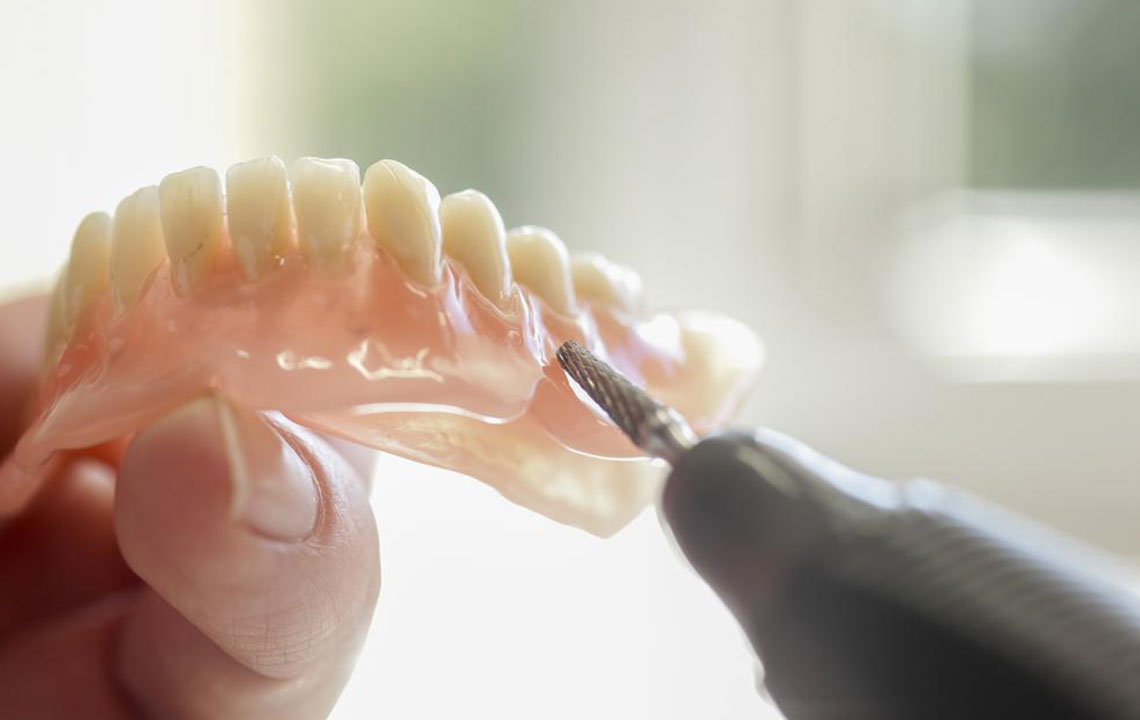How to keep your lower dentures secure
Most people complain that they would like their lower dentures to fit well as their top set, or that they want the lower dentures to be as close as possible to their natural teeth. However, there are challenges to fitting in lower dentures because several changes in the body can cause them to become loose. Loose lower dentures can be an embarrassment as they will interfere with the regular functioning of your mouth or your jaw.

There are several reasons for loose lower dentures:
- The natural jawline or the anatomy of the jaw does not support a better fit.
- A seal is used to affix the dentures completely around the border. But unlike the upper jaw, the lower jaw does not allow convenient access for a 360-degree application.
- The gums on the cheeks also play a part in dislodging a good set of lower dentures.
Here are some ways to secure your lower dentures:
- It is seen that with the passage of time, due to bone loss and aging, the anatomy of the lower jaw changes, thus requiring a relook at the lower dentures. In such cases, dentists can attempt to rel-align the dentures according to the changed anatomy.
- A normal denture is supposed to last for up to 7 years. A re-alignment might not do the trick of keeping the lower dentures in place. In such a case, it is advisable to opt for re-doing the denture. These are typically done in about 5-7 visits to your dentist.
- The best and one of the most effective solutions to the problem of loose lower dentures is to have them supported by implants. In this procedure, screws are positioned into the jaws to support the dentures. This procedure also called an overdenture, heals in about 2-6 months depending on your health. By this time, the implants heal and fuse themselves to the jawbone, ensuring that you have a perfectly fitting lower denture.
While the dentures allow you to carry on with your life normally, regular cleaning and maintenance of good oral hygiene will allow you to enjoy them for a longer time.